After a two-month-long wait and suspense, Jammu and Kashmir finally got a Peoples Democratic Party-Bharatiya Janata Party government with Mufti Mohammad Sayeed being sworn in as the state Chief Minister for the second time. Both parties have agreed on a Common Minimum Programme (CMP) for the state.
Twelve leaders each from BJP and PDP also took oath of office and secrecy with Nirmal Singh becoming the first BJP MLA to take over as Deputy Chief Minister.
Other leaders who took oath are Abdul Rahman Bhat, Chandra Prakash, Javed Mustafa Mir, Chaudhri Lal Singh, Bali Bhagat, Sajjad Lone, Chaudhary Zulfiqar Ali, Sukhnandan Kumar, Syed Basharat Ahmad Bukhari, Ghulam Nabi Lone, Syed Mohammad Altaf Bukhari, Haseeb Drabu, Imran Reza Ansari, Tsering Dorjay, Mohammad Ashraf Mir, Sunil Kumar Sharma, Abdul Majeed, Priya Sethi, Pawan Gupta, Abdul Gani Kohli, Nayeem Akhtar, Maulvi Ansari and Asiya.
The ceremony was attended by Prime Minister Narendra Modi, BJP President Amit Shah, veteran leaders LK Advani, MM Joshi, PDP MP Mehbooba Mufti and others. Opposition parties Congress and National Conference skipped the ceremony.
Heavy security was deployed at Zorawar auditorium in Jammu where the ceremony took place. Special Protection Group, Special Security Group, police and paramilitary forces were heavily deployed at the venue. Additional security was in force Jammu city and border areas.
Even though the five-phase election witnessed massive participation of voters despite militant threat and boycott by separatists, a popular government could not assume office by January 19, the last date for installing a government as the results threw a fractured mandate.
The PDP emerged as the single largest part with 28 seats followed by BJP with 25 seats. NC managed to win 15 seats while Congress secured 12 seats. The Peoples Conference (PC) got two while Communist Party of India (M) and Peoples Democratic Front (PDF) won one seats each.
As no party or group of parties had staked claim to form the next government in the state, Governor’s rule was imposed in the state. The present Governor’s rule was the sixth one after the state merged with Union of India in 1947.
While accepting the then chief minister Omar Abdullah’s resignation, Governor NN Vohra had requested him to continue in office till “alternative arrangements are made”. However, Omar refused to continue as the care taker chief minister.
Imposition of Governors’ rule was announced by Vohra at Jammu on January 9 after receiving concurrence from the President of India, under section 92(5) of the Constitution of Jammu and Kashmir.
What’s your reaction?
Love0
Sad0
Happy0
Sleepy0
Angry0
Dead0
Wink0




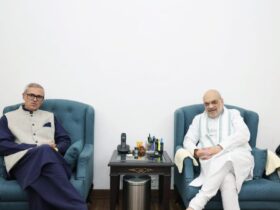

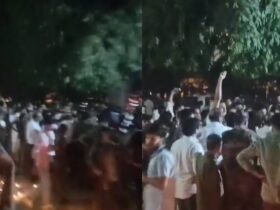
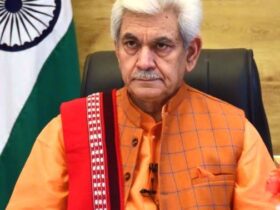
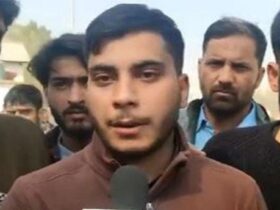

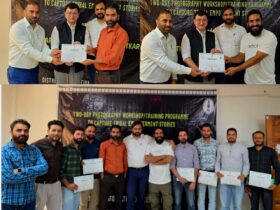
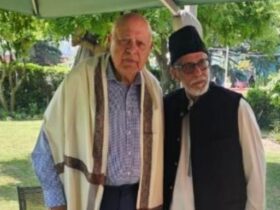

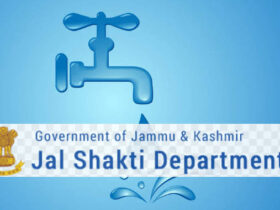




Leave a Reply